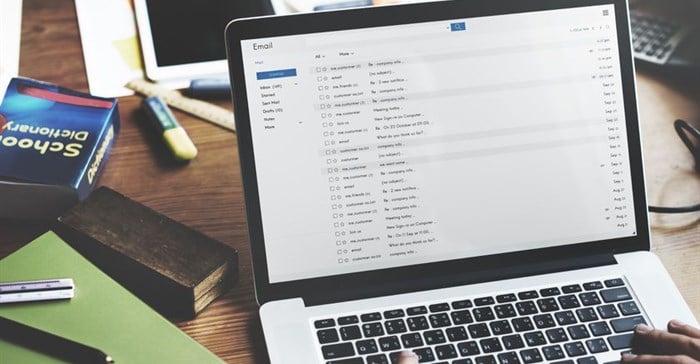Want your customers to trust you? Email is one of the most powerful tools you have

Because trust is built over time, organisations need to constantly work at it. Unfortunately, it can be all too easy to lose that trust, thereby forfeiting the loyalty and revenue that comes with it.
One of the most powerful tools organisations have when it comes to building and maintaining trust is email.
The trust imperative
Before looking at how email can be used to build trust, it’s worth taking a deeper look at why it’s so important.
In almost every vertical, today’s customer has a plethora of choices available to them. And technology has made it easier than ever to flit between those choices. So what makes customers stay? Ultimately, trust.
A recent study by Deloitte Digital found that trustworthiness is the trait that makes customers feel the most aligned with their favourite brands.
Customers reward that trust with more than just loyalty too. Returning customers routinely spend more money on brands they’re loyal to.
In fact, loyal customers are six times more likely to try a new product or service from their preferred brand, four times more likely to have referred that brand to their friends, family and connections, and twice as likely to make a purchase with their preferred brand, even when a competitor has a better product or price.
The preferred channel
But loyalty and trust can’t be built in a vacuum. It requires constant engagement and consistent communication from the organisation - on the channel the customer prefers.
For most customers, that means email. While the numbers vary, study after study has shown that most people would rather organisations communicate with them via email than text, phone calls, direct mail, or social media. This is true, regardless of age and socio-economic background.
That’s because, more than any other channel, email provides the kind of exceptional customer experience that drives loyalty, and does so in a way that’s accessible (most internet users have an email address).
Email can be hyper-personal, is customisable, and provides the kind of data that ensures each customer gets maximum value from the organisation’s communications.
Small wonder then that global management consulting firm McKinsey & Company found that the rate at which emails prompt purchases is three times that of social media, and it also delivers an average order value 17% higher.
Make it relevant, keep it safe
Email has this power, however, only if it’s relevant, authentic, and if customers feel secure when using it. The foundation of this is having accurate data that can generate the right offer, one that is meaningful to the customer.
Fortunately, technology has made it possible to deliver information that is highly relevant for each individual. Real-time data, dynamic content and artificial intelligence are all powerful tools when it comes to creating the perfect message for each person, at the perfect time.
Even with all that technological power, however, it’s still vital that the email communication sent out by an organisation feel authentic. Being the digital equivalent of a salesperson with a slightly-too-eager smile is no way to build trust.
Finally, and perhaps most importantly, people have to feel secure engaging with emails they receive from a business. Email-based cybercrime is a major concern for many consumers. Putting their fears at ease means more than just using consistent style, tone, and imagery. It also means educating consumers about what the organisation is doing around email security and educating customers about what they can do to keep themselves safe.
The latter is particularly important, as it empowers customers, further driving trust and loyalty.
Connection and trust
Ultimately, how much a customer trusts an organisation depends on how connected they feel to the brand.
Fostering that sense of connection requires ongoing, relevant, and useful communication. And on those fronts, email is hard to beat.
About Ross Sibbald
- There is value in marketing being loud during recession - 9 Feb 2023
- How to engage customers that are on a tight budget - 5 Jan 2023
- Email's not dead: The way you're using it is - 21 Feb 2022
- Want your customers to trust you? Email is one of the most powerful tools you have - 9 Jul 2019
- Bad data is harming your email marketing efforts: Here's how to fix it - 16 Oct 2018
View my profile and articles...